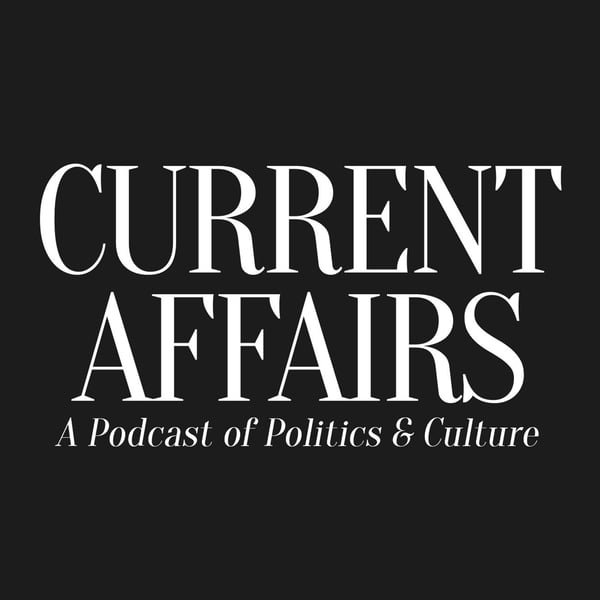PREVIEW: Jack Jackson on Law Without Future
Current Affairs
Current Affairs
4.4 • 645 Ratings
🗓️ 15 September 2020
⏱️ 6 minutes
🧾️ Download transcript
Summary
Transcript
Click on a timestamp to play from that location
| 0:00.0 | So one of the things that interest me in the book is that in these cases I'm looking at, |
| 0:03.7 | Bush v. Gore, the Terry Schiavo case, the torture memos, the pardon of Joe Pairo. |
| 0:09.0 | The liberals, on the left, they see that there's something fundamentally a miss. |
| 0:14.1 | But what they're doing is that they're diagnosing the problem in a way that's actually |
| 0:18.6 | clipping their capacity to affect resistance to what's amiss. |
| 0:24.1 | So we have on the right the negation of constitutionalism, you have someone like Dean |
| 0:28.8 | Edley, a liberal, responding by negating politics. And these things, I think, are feeding off |
| 0:35.7 | of each other and continue into the present. And as part of the impasse, I think, are feeding off of each other and continue into the present. |
| 0:39.1 | And as part of the impasse, I think, where we find ourselves in the United States right now. |
| 0:44.4 | I want to build off of that a little bit off of the torture memos and sort of U.S. behavior |
| 0:49.6 | abroad and how it impacts, you know, kind of how we imagine the constitutional and legal framework |
| 0:57.3 | here. So because, you know, kind of when you think about empire, right, like one of the, |
| 1:01.8 | one of the things that people say about colonial powers is, you know, what you do as a colonial |
| 1:05.8 | power is you go and you try out all of the basically like illegal or semi-illegal shit that you |
| 1:10.3 | want to do at home |
| 1:11.1 | 20 years ahead of time and then and then you bring that back and you kind of you kind of do it as a test |
| 1:15.3 | case. And I think you can kind of see this in the legal frameworks. You know, so if we look, you know, |
| 1:21.4 | if we want to talk about Guantanamo, for example, the prison that the United States maintains on a base on Cuban land, it's kind of special in the |
| 1:29.2 | worst ways in that it's, you know, kind of on American soil in a fictitious sense, but not on |
| 1:33.8 | American soil in a different fictitious sense. I would say it's not on American soil, period. That's |
| 1:38.6 | not fictitious. That's a colonial base down there. Yeah, well, not on American soil, except for if you have to argue it, I guess, to make some kind of constitutional protection stick. |
| 1:47.9 | Which is, I guess, the point, which is, you know, there's a, I guess emerging now. |
... |
Please login to see the full transcript.
Disclaimer: The podcast and artwork embedded on this page are from Current Affairs, and are the property of its owner and not affiliated with or endorsed by Tapesearch.
Generated transcripts are the property of Current Affairs and are distributed freely under the Fair Use doctrine. Transcripts generated by Tapesearch are not guaranteed to be accurate.
Copyright © Tapesearch 2025.

